How Long Does Mct Oil Last
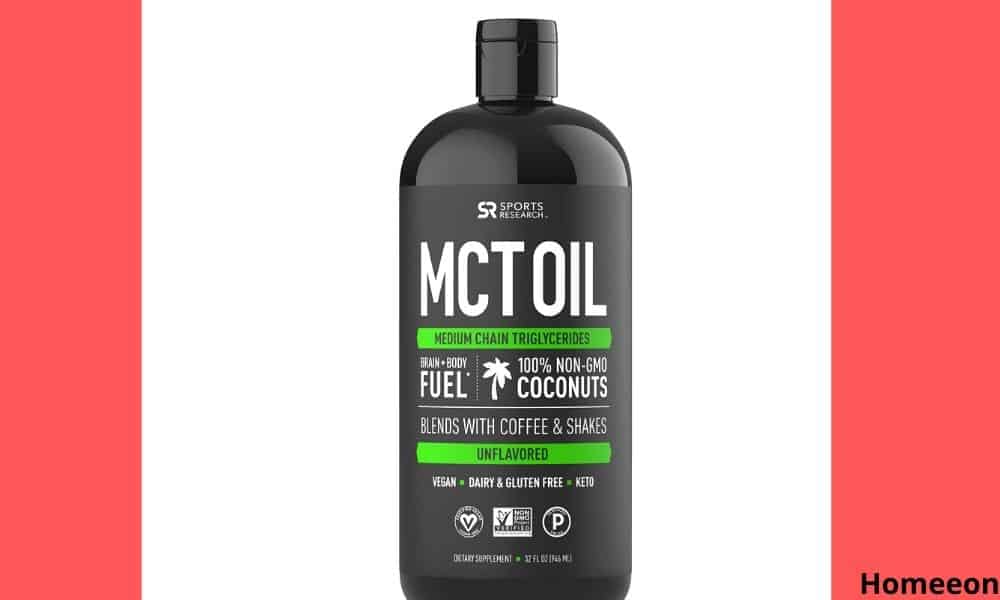
In the ever-expanding world of wellness trends, MCT oil has carved out a significant niche, lauded for its potential benefits ranging from weight management to improved cognitive function. But amidst the enthusiasm, a crucial question often lingers: how long does this popular supplement actually last? Understanding the shelf life and proper storage of MCT oil is essential to ensure its efficacy and safety, preventing unwanted spoilage and potential health risks.
This article delves into the factors influencing the longevity of MCT oil, examining the scientific evidence and expert opinions surrounding its shelf life. We'll explore the signs of degradation, proper storage techniques, and how to distinguish between rancidity and normal variations in the oil's appearance. Ultimately, this guide aims to provide consumers with the knowledge necessary to confidently purchase, store, and utilize MCT oil, maximizing its potential benefits while mitigating any potential risks.
Understanding MCT Oil and its Composition
MCT oil, short for medium-chain triglyceride oil, is a concentrated source of medium-chain fatty acids. These fats are typically derived from coconut oil or palm kernel oil, though other sources are possible.
The specific types of MCTs present in the oil, such as caprylic acid (C8) and capric acid (C10), can influence its overall stability and susceptibility to degradation. Different manufacturing processes and refining methods can also affect the final product's shelf life.
Factors Affecting MCT Oil's Shelf Life
Several key factors determine how long MCT oil will remain fresh and potent. Exposure to air, light, and heat are the primary culprits in its degradation.
Oxidation, the reaction of the oil with oxygen, is a significant driver of rancidity. Light, especially sunlight, can accelerate oxidation, as can elevated temperatures.
The presence of impurities or other compounds in the oil can also impact its shelf life. Higher quality, more refined MCT oil tends to be more stable.
Official Guidelines and Expiration Dates
While there's no single governing body dictating the exact shelf life of MCT oil, manufacturers typically provide expiration dates on their products. These dates are often based on internal stability testing and industry best practices.
Generally, unopened bottles of MCT oil can last for 18-24 months from the date of manufacture when stored properly, according to numerous manufacturers' information. After opening, the clock starts ticking, and the oil's shelf life shortens.
However, remember that expiration dates are merely estimates. Factors like storage conditions play a major role in determining the actual usable lifespan of the oil.
Recognizing Spoilage: Signs of Rancidity
Knowing how to identify rancid MCT oil is crucial for avoiding potential health issues. Several telltale signs can indicate that the oil has gone bad.
One of the most obvious signs is a change in smell. Fresh MCT oil has a neutral or slightly coconut-like aroma, while rancid oil develops a pungent, unpleasant odor, often described as metallic or sour.
The taste of the oil can also change, becoming bitter or acrid. A change in color or consistency, such as cloudiness or thickening, can also be indicative of spoilage, though color variation can be natural for some oils. If you observe any of these signs, it's best to discard the oil.
Proper Storage Techniques to Maximize Longevity
Proper storage is key to extending the life of your MCT oil. Minimizing exposure to air, light, and heat is essential.
Store MCT oil in a tightly sealed container in a cool, dark place, such as a pantry or cupboard. Avoid storing it near heat sources like ovens or stoves.
Refrigeration can further extend the shelf life, especially after opening, but it can also cause the oil to solidify. However, solidification does not necessarily mean the oil has gone bad; simply allow it to return to room temperature.
Expert Opinions and Recommendations
Nutritionists and wellness experts generally advise adhering to the manufacturer's expiration date and practicing proper storage techniques. Dr. Emily Carter, a registered dietitian, recommends regularly checking the oil for any signs of rancidity. She states, "It's better to be safe than sorry when it comes to consuming potentially spoiled oils."
Food safety experts also emphasize the importance of preventing oxidation. Dr. Robert Jones, a food scientist, advises, "Always reseal the bottle tightly after each use and consider transferring the oil to a smaller, opaque container to minimize air exposure."
Some anecdotal evidence suggests that adding antioxidants like vitamin E to the oil may help to extend its shelf life. However, more research is needed to confirm this claim.
Distinguishing Normal Variations from Spoilage
It's important to note that not all changes in MCT oil indicate spoilage. Some variations are perfectly normal and do not affect the oil's safety or efficacy.
For example, slight differences in color or viscosity can occur between batches due to variations in the raw materials or manufacturing processes. The oil may appear cloudy in cold conditions, which is normal and reversible upon warming.
If you're unsure whether a particular change indicates spoilage, compare the oil to a fresh bottle or consult the manufacturer's website for additional information.
Conclusion: Prioritizing Safety and Quality
MCT oil can be a valuable addition to a healthy lifestyle, but it's crucial to understand its shelf life and storage requirements. By following the guidelines outlined in this article, consumers can ensure they are using fresh, potent oil and avoiding any potential health risks associated with rancidity. Investing in high-quality MCT oil and storing it properly are essential steps in maximizing its benefits and minimizing waste.
As the popularity of MCT oil continues to grow, ongoing research into its stability and storage is essential. Staying informed and vigilant is the best way to ensure that you're getting the most out of this versatile supplement. Remember that if you have any doubts about the quality of your MCT oil, it's always best to err on the side of caution and discard it.








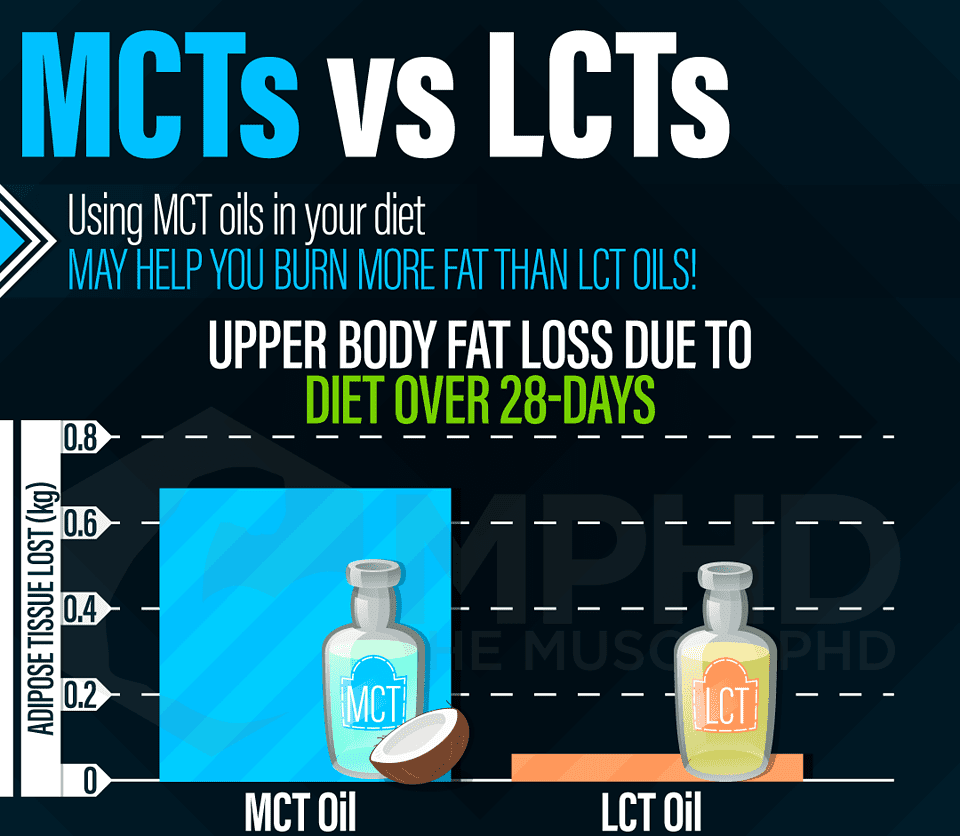




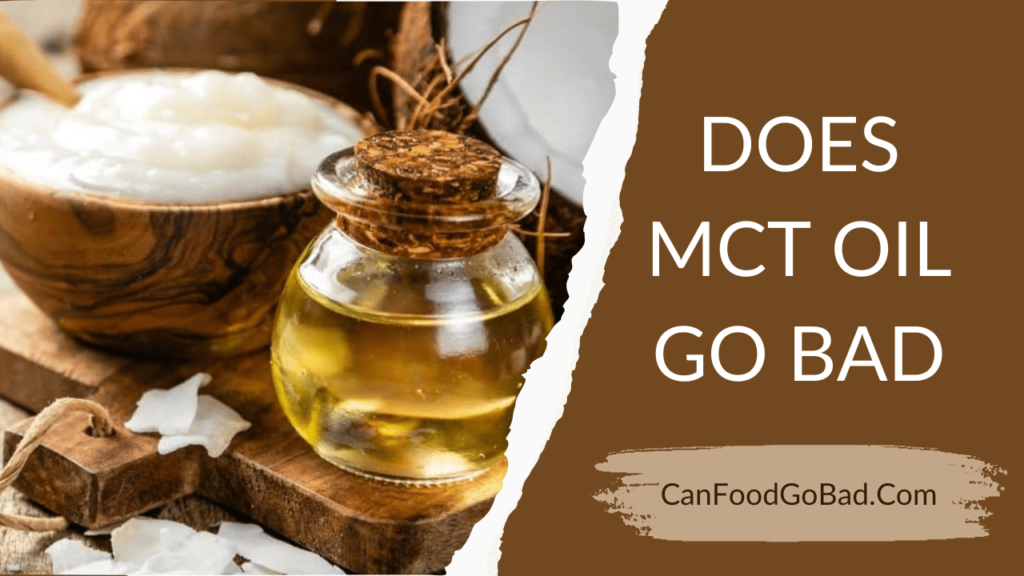
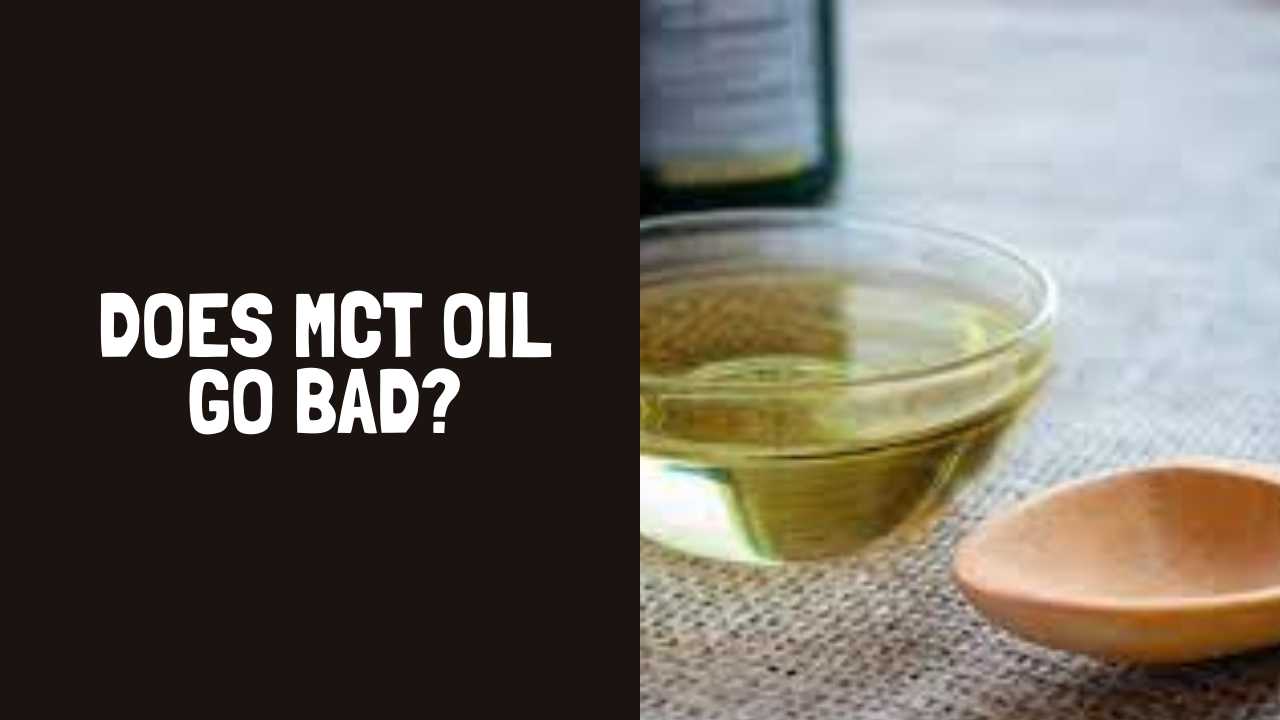

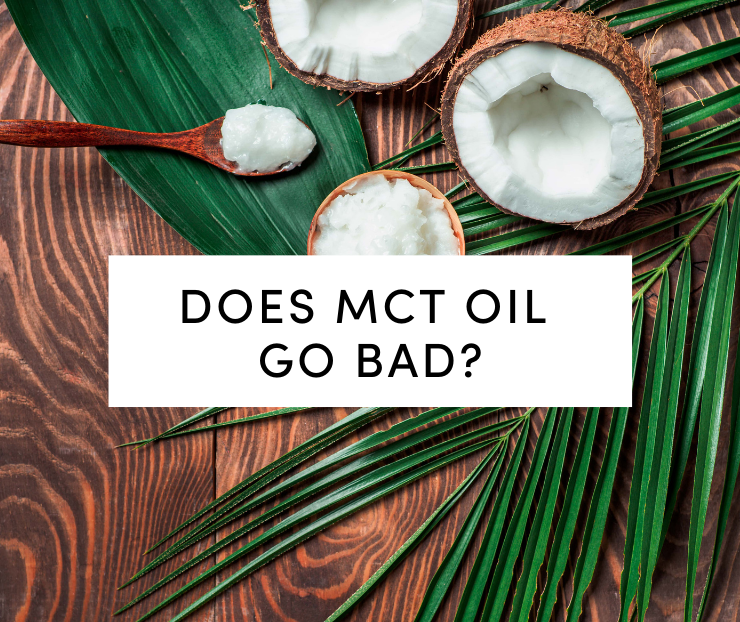
![How Long Does Mct Oil Last Does MCT Oil Break A Fast? [The Full Answer, Backed By Science]](https://www.macymichelle.com/wp-content/uploads/2022/07/does-mct-oil-break-a-fast.png)
